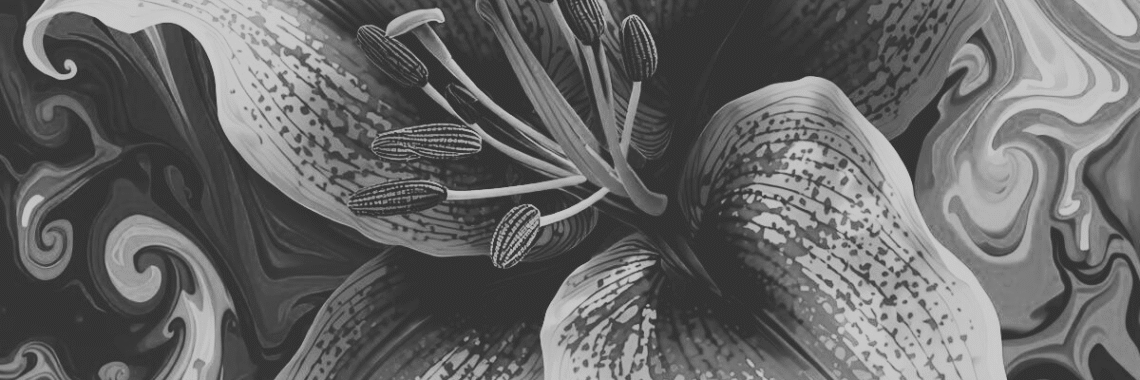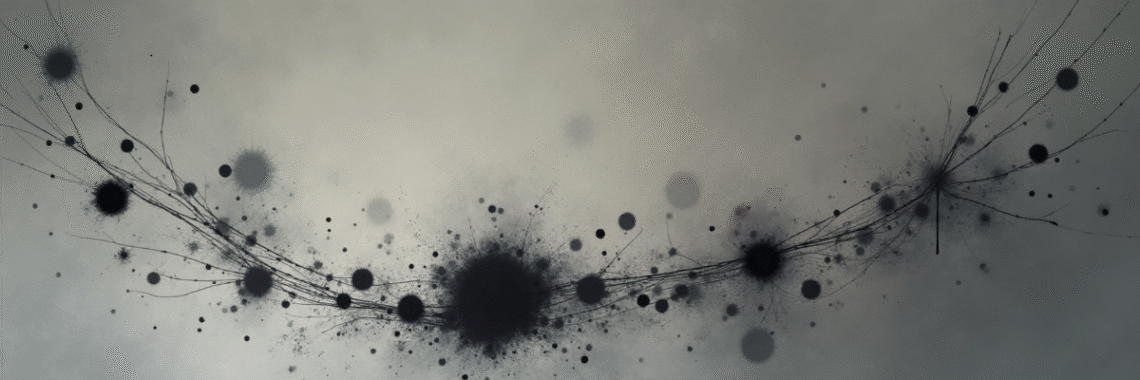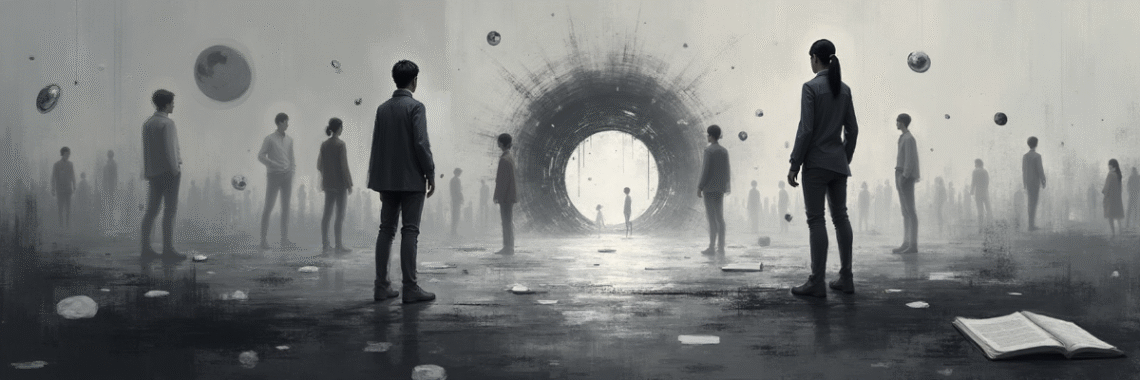THINGS TO REMEMBER
TO REMEMBER
I along with two other students, Brittanie Clarke (Biological Sciences Major) and Paige Braden (Psychology Major), attended the 24th Annual Cognitive Neuroscience Society (CNS) meeting. This society is committed to the development of mind and brain research aimed at investigating the psychological, computational, and neuroscientific bases of cognition. Cognitive neuroscience, a relatively new field, addresses the questions of how neural circuits in the brain underlie cognitive activities, such as learning, memory, attention, and perception. The field involves overlapping disciplines such as neurobiology, physiological psychology, cognitive psychology, and neuropsychology. This year’s meeting was held in San Francisco, California from March 25-27 at the beautiful at the Hyatt Regency San Francisco. The four day event was filled with invited symposia, symposia, posters presentations, awards, a keynote speaker, and a great opportunity to connect with colleagues.
POSTER SESSIONS CAN BE SCARY
Our poster session was held on Saturday night from 5 to 7 pm. During this session, Paige and Clarke shared the results from the research project that took place during last year’s SURP (summer undergraduate research program). They stood by and answered questions about the poster that they had put together, which summarized the purpose, results, and conclusions of our studies. Briefly, the findings from our project showed that injections of memantine, a glutamate receptor antagonist, immediately after reactivation of drug-paired cues can attenuate drug-seeking behavior. Our data also showed that the attenuating effects of memantine on drug-paired memory are long lasting. During the poster session more than 20 people, ranging from graduate students to professors, came by to look at the poster and ask Paige and Brittanie questions. While a poster presentation may not seem to be a big deal, it was a good reminder that for an undergraduate student this may an exciting and even stressful event. Having the students go over the poster was a great way to calm any nerves.
BILLY DON’T BE A HERO
When seeing anyone struggle it is almost instinctual for one to want to come in and save the day. There were several times when I wanted to interrupt and jump into mid-conversation as my students were struggling answering a question or explaining a part of the poster. Though it took a lot of self-restraint, it was extremely beneficial for the students to have to struggle with the material and finds way to answer questions. By the end of the session, both students had significantly improved in their presentation skills and in articulating their thoughts. By the end of the session, both were going through the poster flawlessly.
VIDEO GAMES ARE NOT ALWAYS BAD
The keynote speaker at the conference was Dr. Adam Gazzaley from the University of California, San Francisco. He spoke about a novel approach he and his colleagues developed that uses custom-designed video games to achieve improve cognitive functions via a personalized closed-loop system. He also shared some of the findings from his video game systems that integrate the latest technological innovations in software and hardware to further enhance one’s brain’s information processing systems with the ultimate aim of improving quality of life. Now of course, if you fall into confirmation bias, the only thing you would have gained from the talk is that video games are beneficial and great for your brain!
BENEFITS

Both of my students came out of this conference having learned a lot. They got to practice their oral and critical thinking skills, but also got to see other types of cutting-edge research in the field of cognitive neuroscience. The experience of sharing research findings has strengthened the resolve of one of my students to purse her Ph.D in the field of neurobiology. While it was clear that the two students benefited from this experience, I also gained much myself. I was able to learn new techniques and methods in the field of neuroscience and was able to network with several other professors. Based on this wonderful experience, I hope to continue going and taking students to conferences.




